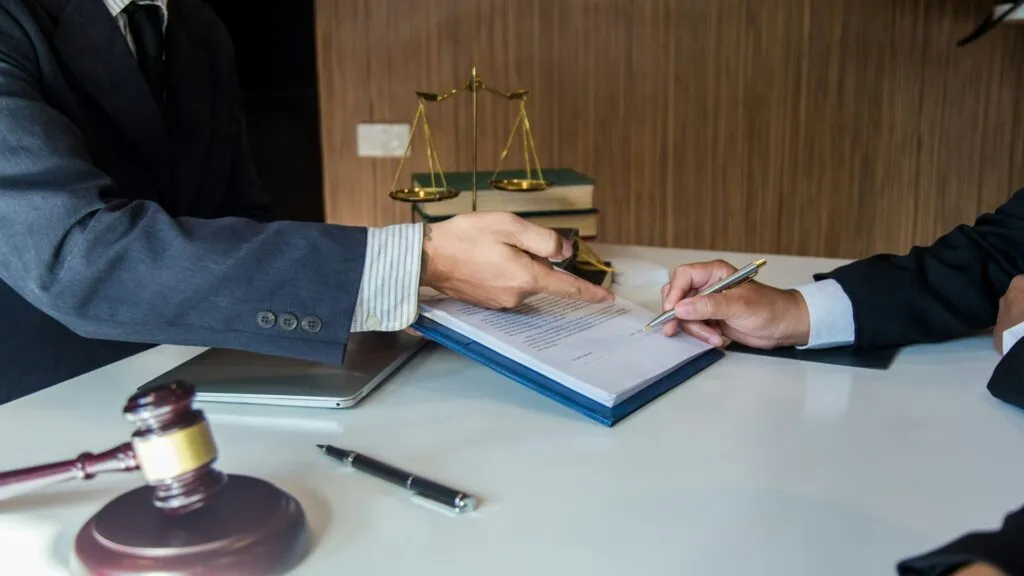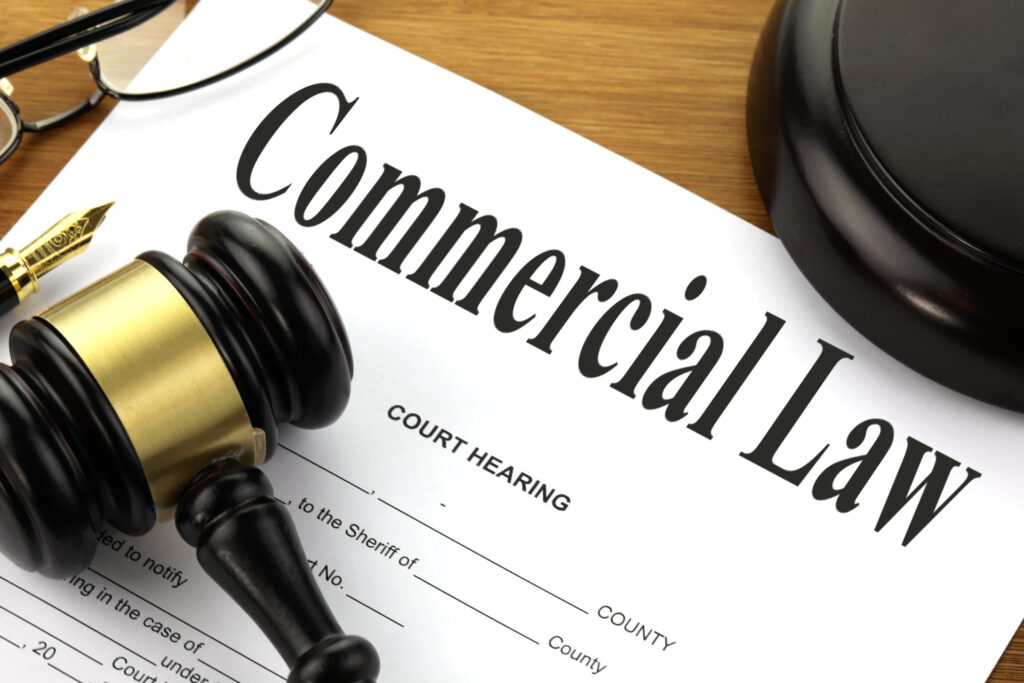Choosing the right commercial lawyer in Sydney is a critical decision for any business owner. A skilled lawyer can provide invaluable support in navigating the complexities of business law, ensuring compliance, and protecting your interests. This guide will explore the essential factors to consider when selecting a commercial lawyer, the qualities to look for, and the questions to ask during your search.
Understanding the Role of a Commercial Lawyer
Commercial lawyer Sydney specialise in business law, which encompasses a wide range of legal issues that businesses may encounter. These can include contract negotiations, mergers and acquisitions, intellectual property rights, and dispute resolution. Understanding the specific role of a commercial lawyer is crucial in determining your needs and expectations.
In addition to providing legal advice, commercial lawyers often assist in drafting and reviewing contracts, ensuring compliance with local and federal regulations, and representing businesses in legal disputes. Their expertise can help mitigate risks and safeguard your business’s interests.
Types of Services Offered
Commercial lawyers offer a variety of services tailored to the needs of businesses. Some of the key services include:
- Contract Law: Drafting, reviewing, and negotiating contracts to ensure they are legally binding and protect your interests.
- Corporate Governance: Advising on the legal obligations of directors and officers, ensuring compliance with corporate laws.
- Dispute Resolution: Representing businesses in negotiations, mediations, and litigation to resolve disputes effectively.
- Intellectual Property: Protecting your business’s intellectual property rights, including trademarks, copyrights, and patents.
Identifying Your Business Needs
Before beginning your search for a commercial lawyer, it is essential to identify your specific business needs. Understanding the legal challenges your business faces will help you find a lawyer with the right expertise.
Consider the following questions:
- What type of legal issues does your business typically encounter?
- Do you require ongoing legal support or assistance with specific projects?
- Are you looking for a lawyer with experience in your industry?
By answering these questions, you can narrow down your search and focus on lawyers who specialise in the areas relevant to your business.
Industry Experience
Choosing a lawyer with experience in your specific industry can be a significant advantage. Industry-specific knowledge allows the lawyer to understand the unique challenges and regulations that your business faces. For instance, a lawyer with experience in the technology sector will be more familiar with intellectual property issues than one who primarily works with retail businesses.
When evaluating potential lawyers, inquire about their experience in your industry. Ask for examples of similar cases they have handled and the outcomes achieved. This will give you insight into their capability to address your business’s legal needs effectively.
Evaluating Qualifications and Expertise
Once you have identified your business needs, the next step is to evaluate the qualifications and expertise of potential commercial lawyers. This includes examining their education, professional affiliations, and areas of specialisation.
Most commercial lawyers in Sydney will have a law degree and be admitted to practice in New South Wales. Additionally, many will have further qualifications or specialisations, such as a Master of Laws (LLM) in commercial law or membership in professional organisations like the Law Society of New South Wales.
Specialisations and Certifications
In addition to general qualifications, consider whether the lawyer has any specialisations or certifications relevant to your business needs. For example, some lawyers may focus on specific areas such as franchising, employment law, or international trade. These specialisations can provide added value and expertise in navigating complex legal issues.
Furthermore, certifications from recognised bodies can indicate a lawyer’s commitment to professional development and adherence to high ethical standards. Look for lawyers who are members of organisations such as the Australian Corporate Lawyers Association or the Law Council of Australia.
Assessing Communication and Compatibility
Effective communication is vital in any lawyer-client relationship. A good commercial lawyer should be able to explain complex legal concepts in a way that is easy to understand, ensuring that you are fully informed about your options and the implications of your decisions.
During your initial consultations, pay attention to how the lawyer communicates. Are they responsive to your questions? Do they take the time to listen to your concerns? A lawyer who prioritises clear communication will be better equipped to represent your interests effectively.
Building a Relationship
In addition to communication skills, consider the compatibility between you and the lawyer. A strong working relationship can enhance collaboration and lead to better outcomes. Look for a lawyer who demonstrates a genuine interest in your business and is willing to invest the time to understand your goals and challenges.

Trust and rapport are essential components of a successful lawyer-client relationship. If you feel comfortable discussing sensitive issues and confident in their advice, you are more likely to have a productive partnership. Learn more about Corporate Lawyers Sydney: legal expertise for growing enterprises.
Considering Fees and Payment Structures
Legal fees can vary significantly among commercial lawyers, so it is essential to understand their fee structures before making a decision. Some lawyers charge hourly rates, while others may offer fixed fees for specific services or a retainer arrangement for ongoing support.
When discussing fees, be transparent about your budget and ask for a detailed breakdown of costs. This will help you avoid any surprises later on and ensure that you are getting value for your investment.
Negotiating Fees
Don’t hesitate to negotiate fees or ask about alternative payment arrangements. Some lawyers may be open to flexible payment plans or discounts for long-term clients. Establishing a clear understanding of costs upfront can help prevent misunderstandings and ensure a smooth working relationship.
Additionally, consider the potential return on investment when evaluating legal fees. A skilled commercial lawyer can save your business money in the long run by preventing costly legal disputes and ensuring compliance with regulations.
Seeking Recommendations and Reviews
Word-of-mouth recommendations can be a valuable resource when searching for a commercial lawyer. Ask fellow business owners, colleagues, or industry associations for referrals to lawyers they have worked with and trust.
Online reviews and testimonials can also provide insight into a lawyer’s reputation and the experiences of previous clients. Look for feedback on their communication skills, responsiveness, and overall effectiveness in handling legal matters.
Conducting Interviews
Once you have shortlisted potential lawyers, schedule interviews to assess their suitability. Prepare a list of questions to ask during these meetings, focusing on their experience, approach to legal issues, and how they would handle your specific needs.
Some questions to consider include:
- What is your experience with businesses in my industry?
- How do you approach contract negotiations?
- What is your strategy for resolving disputes?
These interviews will give you a clearer picture of each lawyer’s expertise and help you determine who would be the best fit for your business.
Making Your Final Decision
After conducting interviews and gathering information, it’s time to make your final decision. Consider all the factors discussed, including qualifications, communication style, fees, and compatibility. Trust your instincts and choose a lawyer who you believe will best represent your interests and support your business goals.
Once you have selected a commercial lawyer, establish a clear agreement outlining the scope of services, fees, and expectations. This will set the foundation for a successful working relationship and ensure that both parties are aligned on objectives.

Conclusion
Choosing the best commercial lawyer in Sydney for your business is a significant decision that can impact your company’s success. By understanding your needs, evaluating qualifications, assessing communication, and considering fees, you can make an informed choice that aligns with your business goals. A strong partnership with a skilled commercial lawyer can provide the legal support necessary to navigate the complexities of business law and protect your interests.



